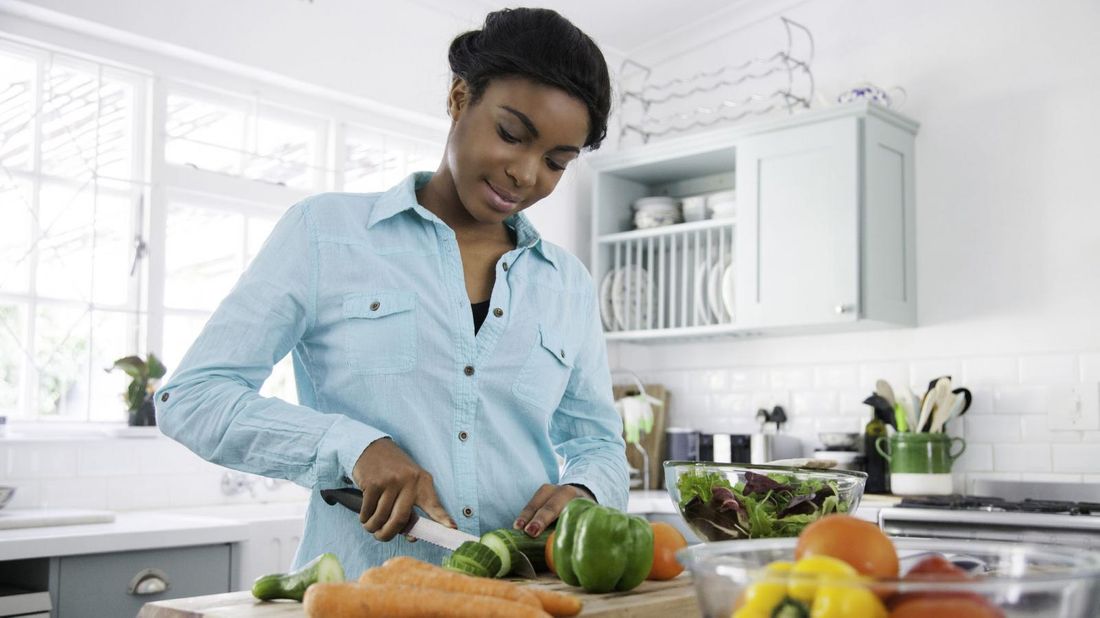4 Quarantine Money Habits to Keep Even After the Pandemic

There’s a lot about 2020 you probably want to forget: cancelled trips, not being able to see friends and family, adjusting to remote learning.
But one good thing that’s come out of the pandemic is that people have been more focused on their finances and have shifted a lot of their daily habits to become more budget-friendly. Here are four quarantine money habits worth sticking with even after the pandemic.
Saving money
One of the surprising stats that came out of lockdown was the jump in Americans’ savings rates. In April, the personal savings rate shot to more than 30 percent, a number the country hasn’t seen for decades.
“People feel unsettled about the current financial uncertainty so they’re just not shopping as much. They’re focused on preserving their cash, which is a really great habit to keep even after the pandemic moves past us," says consumer savings expert Andrea Woroch.
So even after life starts returning to normal, you may want to keep an eye on your spending in order to shift some cost savings toward goals like building your emergency fund, planning for a dream retirement or saving for that big vacation you’ve been waiting so long to take.
Spending more thoughtfully
On a related note, many people have been able to save more during the pandemic simply because access to the activities they used to spend money on have been curtailed. The upside of that is it has given us an opportunity to evaluate just how necessary, or fulfilling, those things are.
For instance, maybe you’ve found your online workouts to be just as good as those you used to get in a more expensive boutique gym class. Or maybe months of your home cooking made you realize you can’t wait to dine out again at your favorite restaurants.
The idea isn’t simply to cut fun expenses, it’s to make sure that you’re spending your money on the things you value. So take a second look at your budget and earmark your dollars for the expenses you really care about.
Meal planning
The first behavior most of us had to change at the start of the pandemic was how we shopped for groceries. Safety concerns and long lines meant fewer trips to the store, so many Americans learned to plan out meals — which ultimately helps reduce food waste and save time and money.
An increase in online grocery shopping has made meal planning easier, Woroch says.
“Grocery shopping inevitably leads to impulse purchases, and as more families order groceries online they are better able to manage their food bill,” she says. “It’s much easier to select just what you need for the week when shopping online — and you won’t fall for those tasty temptations when walking through the aisles.”
Investing in your home
During lockdown, tackling projects around the house made the top of most families’ to-do lists (although likely with varying degrees of success). There may be some upfront costs, but investing in your home, even in small ways, can help pay off in the long run.
For instance, easy home improvement projects can help give a home a fresh look without a big price tag, and can help stave off bigger repairs and renovations down the road. With all the working from home happening now and into the near future, simple home office upgrades can help improve productivity. And if you planted a pandemic garden this past spring, you were far from alone. Not only does it serve as a fun family project, it can also knock a few veggies off the grocery store list while teaching your kids about planning and patience — something we should all cultivate, even in the best of times.
Feel better about taking action on your dreams.
Your advisor will get to know what’s important to you now and years from now. They can help you personalize a comprehensive plan that can give you the confidence that you’re taking the right steps.
Find your advisor






